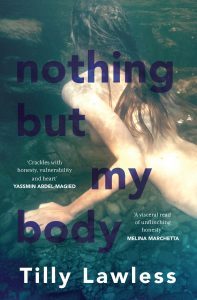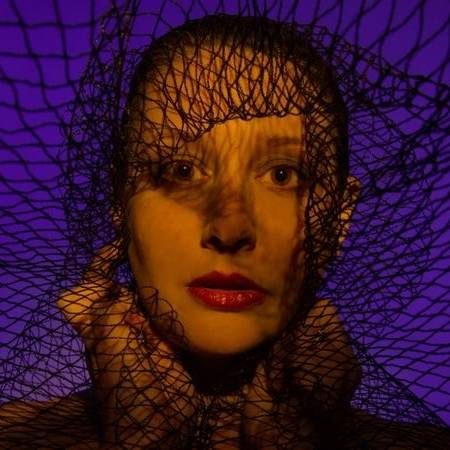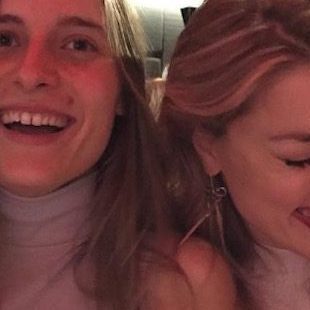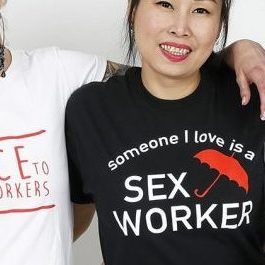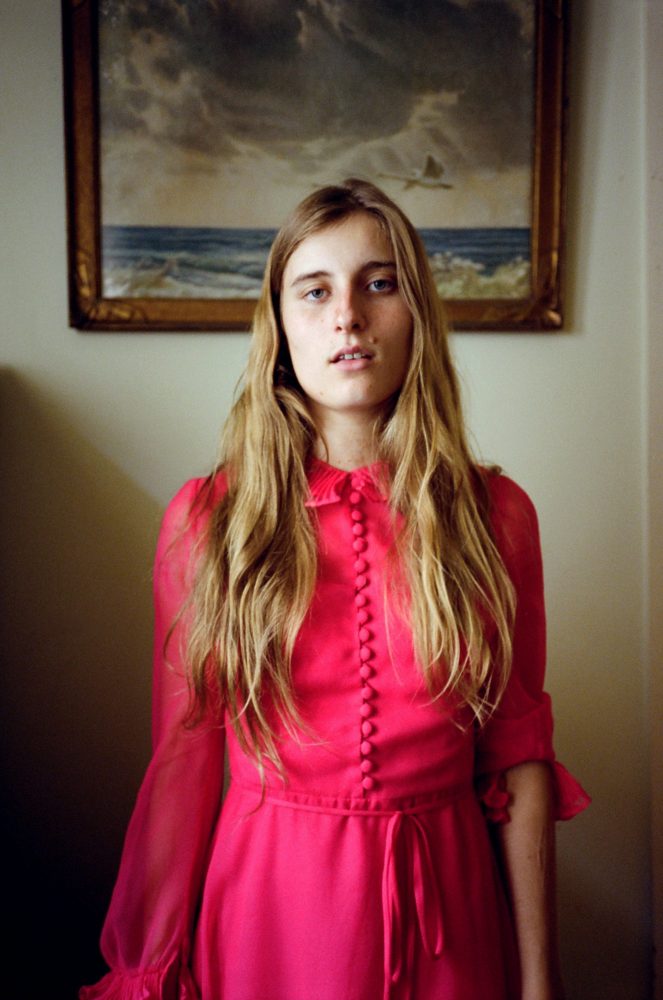
Tilly Lawless is a queer, Sydney-based sex worker who uses her online platform to speak about her personal experiences, to shine a light on the everyday stigma that sex workers come up against.
Tilly now lives in Sydney but grew up in rural NSW. Her writing is often a bucolic love letter to the countryside that she comes from and deeply intimate insight into queer romance and relationships.
Nothing But My Body is the highly anticipated and already widely praised literary debut, from the magnetic and unflinching Tilly Lawless. It is an eight-day journey but spread across different times of the year and locations (Sydney, Berlin, Orange, and Bellingen NSW). It is told through the mind of a young woman, a queer sex worker in Australia, as she navigates breakups and infatuation. This thought-provoking and lyrical debut explore the rejection of romantic love. It is a euphoric celebration of the queer community and a reckoning with the body as both abject and joyous.
Nothing But My Body is literary auto-fiction, written from the perspective of a sex worker during 2019/2020 – when the Australian bushfires, coronavirus, and lockdowns affected work, connection, and our own mental wellbeing.
This has all the themes to be expected from great literary fiction. Concepts that make us rethink the way we view community, art, porn, queer culture, respectability politics, mental health, friendships, family ties, and sex work.
LOTL catches up with Tilly:
Your writing is extremely personal, which gives your stories a very intimate charm. Have you ever struggled with being vulnerable in your writing?
I’ve always strived for emotional transparency because I think there’s a real strength and courage that comes in being willing to be vulnerable. I also have always used my writing as a form of processing, a catharsis, and I think exposing my doubts and insecurities publicly is a way of taking the power out of them. And also often brings comfort, because so many people will relate to something you may have felt you were alone in. So no, I’ve never really struggled with it. Because it’s something I believe in and also something that often allows me to move on from whatever is preoccupying me. Once I’ve written it I’m like cool now I can move beyond it. On top of that if you expose yourself first you can never be humiliated by someone exposing you, they’ve got nothing on you – so, just say I’ve been rejected by someone I was really into; instead of being embarrassed by it I’ll turn it into a funny story, another way of reclaiming the narrative I suppose, or taking the sting out of it.
Are there any books that have particularly inspired you?
There’re so many writers that have influenced the way I write, but for this book specifically, there were three – and they are all, interestingly, gay authors (which I quite like because I like to imagine myself as part of a continuing tradition/lineage). The structure was inspired by Virginia Woolf’s ‘Mrs. Dalloway’ (1925), in which she follows a woman’s train of thought across a very set period of time, and her mind strays as she goes about her daily tasks. So I took that but applied it to eight days across just over a year. Then the way I dealt with sex work was inspired by John Rechy’s ‘City Of Night’ (1963); he was a Mexican-American gay male sex worker whose work was semi-autobiographical but what I liked about his work is sex work is always just part of the backdrop, not the focus, in the same way, the city behind it is. The real focus of his work is the queer community around him (not that he would use or like that term). And then my run-on sentences have been heavily inspired by Djuna Barnes’ ‘The Ladies Almanack’ (1928), I even reference some of her lines in it.
Your writing is both carnal and visceral, and at times very explicit. Are you intentionally provocative?
I don’t strive to be provocative, but it doesn’t bother me if people are provoked or affronted by what I write. I want to challenge the binary of art or porn – you know the idea that as soon as something is titillating it becomes low culture/quality – so I consciously don’t censor myself. My job (full-service sex work) is grounded in the physical, and the realities of our bodies, and our bodies are messy things – so why would I write about it in a sanitised way? I am also anti respectability politics, especially the way it is applied to the queer community as a way to seek acceptance from/be unthreatening to the straight world (I say fuck gay pride, we want gay power!) and frustrated by the fact that women writers are held to different standards than men. Jean Genet, William Burroughs, Henry Miller – these are all writers that wrote about sex and drugs and it didn’t eclipse or distract from their work.
Have you got plans for what to write next?
Yes! I’ve just finished writing a magical realism novel set in Northern NSW that I loved writing and am very excited about. It draws upon Scottish mythology as a parallel for dysfunctional mother/daughter relationships. Hopefully, you guys will get to read it too! I feel there’s a shortage of Australian magical realism.
Tilly Lawless’ debut novel is Nothing But My Body, Published by Allen & Unwin, RRP $29.99

